The Bird’s-eye View of a Hospice Volunteer Coordinator
Traditions Health
APRIL 22, 2024
It’s so important to understand the vital role these volunteers play in providing compassionate hospice care,” Whaley adds. Volunteers, on the other hand, don’t have any jobs to perform except spending time with patients.

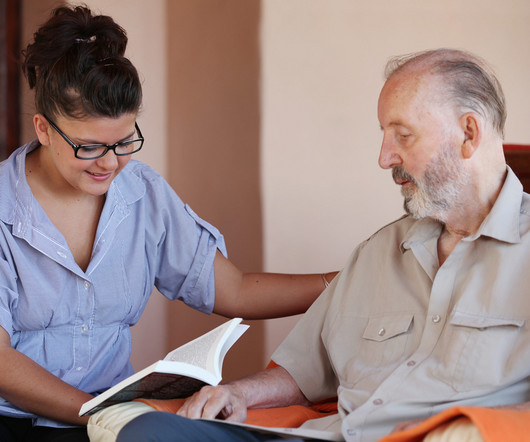

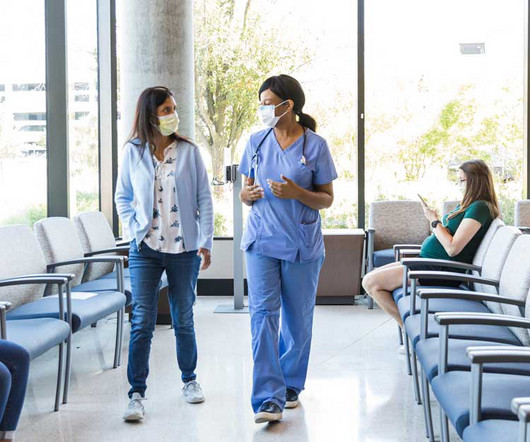
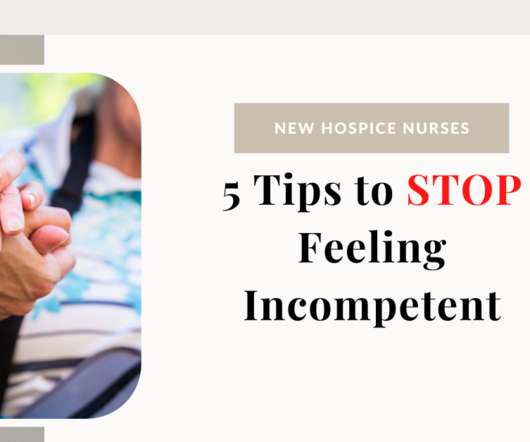

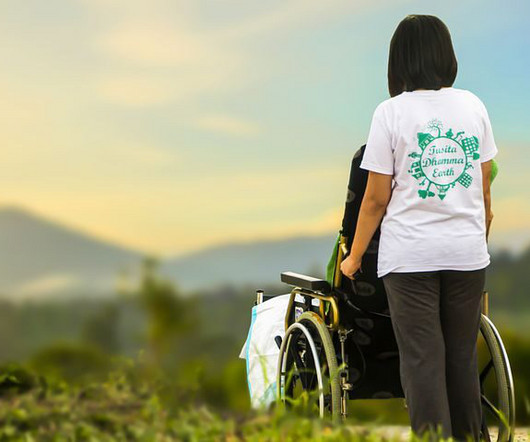

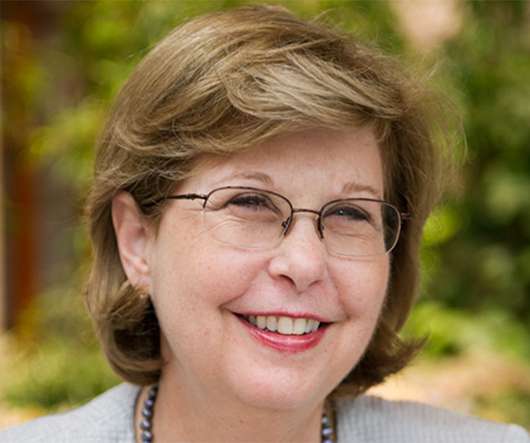






Let's personalize your content